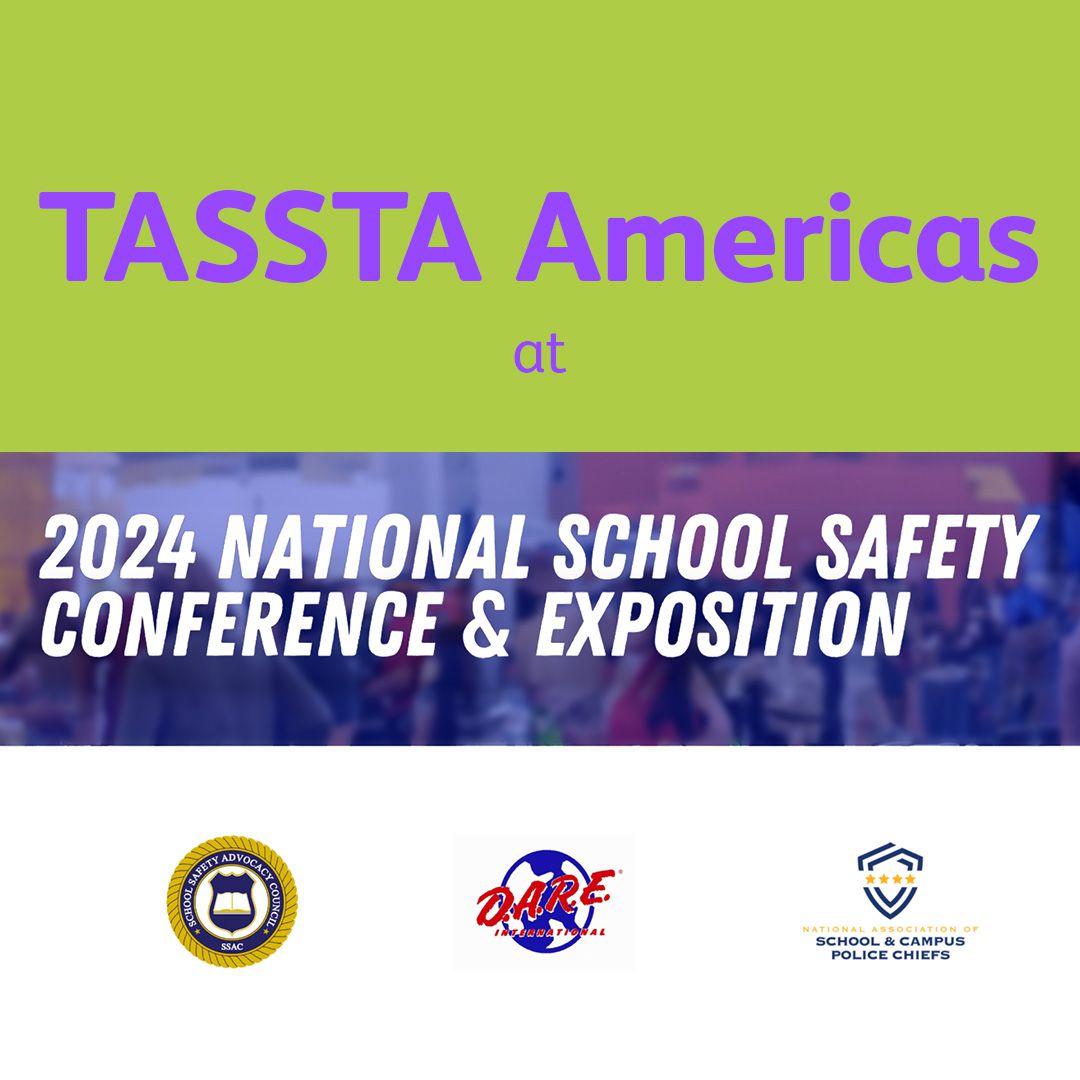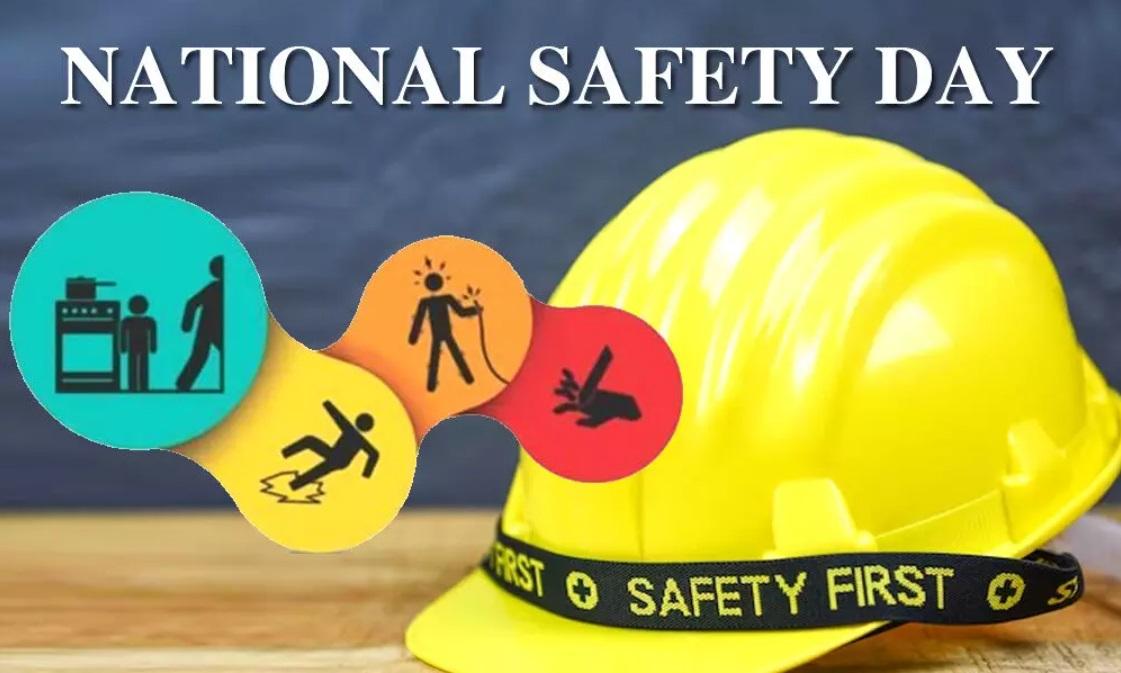National School Safety Conference Orlando 2024

The weight of backpacks seemed insignificant compared to the heavier burdens carried by educators, law enforcement, and mental health professionals who converged in Orlando this week. The National School Safety Conference 2024 addressed a stark reality: schools are increasingly vulnerable, and safeguarding students requires a multifaceted, proactive approach. From active shooter drills to mental health interventions, the discussions underscored the urgent need for comprehensive strategies that prioritize both physical security and the well-being of the school community.
This year’s conference, held at the Orange County Convention Center, served as a crucial forum for sharing best practices, exploring innovative technologies, and fostering collaboration to create safer learning environments. It went beyond reactive measures, focusing on preventative tactics, threat assessment, and cultivating positive school climates. The conference, organized by the National School Safety Center (NSSC), aimed to equip attendees with actionable insights and resources to implement effective safety protocols in their respective schools and districts.
Key Themes and Discussions
Mental Health and Early Intervention
A central theme throughout the conference was the critical role of mental health support in preventing school violence. Sessions emphasized the importance of early identification of students in distress and providing access to appropriate mental health services. Many speakers highlighted the correlation between untreated mental health issues and increased risk of violence, advocating for increased funding for school psychologists, counselors, and social workers.
Dr. Melissa Reeves, a nationally recognized expert in school crisis prevention and intervention, stressed the need for a proactive, multi-tiered system of support. This involves not only identifying students who may be struggling but also creating a school-wide culture of empathy and support. She argued that fostering a sense of belonging and connection can significantly reduce the risk of students feeling isolated and resorting to violence.
"We need to move beyond simply reacting to crises and focus on creating school environments where students feel safe, supported, and connected," Dr. Reeves stated during her keynote address.
Physical Security Enhancements
While mental health was a primary focus, physical security measures were also heavily discussed. Presentations covered a range of topics, including access control systems, video surveillance technology, and enhanced emergency response protocols. Many sessions addressed the importance of conducting regular security audits to identify vulnerabilities and implement appropriate safeguards.
The use of technology, such as AI-powered threat detection systems, was showcased as a promising tool for enhancing school safety. These systems can analyze data from various sources, including social media and school networks, to identify potential threats and alert authorities. However, concerns were also raised about the ethical implications of using such technology and the need for careful oversight to protect student privacy.
The Role of Law Enforcement
The role of law enforcement in schools was another contentious topic. Some advocated for increased police presence in schools as a deterrent to violence, while others expressed concerns about the potential for racial profiling and the creation of a hostile environment for students. The conference featured several sessions exploring alternative models for law enforcement involvement in schools, such as school resource officers (SROs) who are trained in de-escalation techniques and building positive relationships with students.
Chief Michael Brown, President of the Police Executive Research Forum, emphasized the importance of careful selection and training for SROs. He argued that SROs should be seen as mentors and trusted advisors, not simply as enforcers of the law. "The goal is to create a safe and supportive environment where students feel comfortable approaching law enforcement officers with concerns," Chief Brown explained.
Active Shooter Drills: Best Practices and Controversies
Active shooter drills, a common practice in schools across the country, were a subject of intense debate. While proponents argue that drills are essential for preparing students and staff for potential emergencies, critics argue that they can be traumatizing and ineffective. Several sessions focused on best practices for conducting active shooter drills in a way that minimizes trauma and maximizes effectiveness.
The National Education Association (NEA) has called for a more nuanced approach to active shooter drills, emphasizing the need for trauma-informed practices and parental involvement. They recommend that drills be age-appropriate, realistic, and conducted in a way that does not unnecessarily alarm or scare students. The NEA also advocates for providing mental health support to students and staff after drills.
Challenges and Future Directions
Despite the wealth of information and resources presented at the conference, attendees acknowledged that significant challenges remain in ensuring school safety. One of the biggest challenges is funding. Many schools lack the resources to implement comprehensive safety measures, including hiring additional mental health staff, upgrading security technology, and training teachers and staff in crisis response.
Another challenge is the lack of a unified approach to school safety. Policies and practices vary widely across states and districts, making it difficult to share best practices and ensure consistency. The conference highlighted the need for greater collaboration between federal, state, and local agencies to develop and implement evidence-based school safety strategies.
Looking ahead, the NSSC and other organizations are committed to continuing to provide training, resources, and support to schools and districts across the country. The focus will be on promoting a holistic approach to school safety that addresses both physical security and the social-emotional well-being of students. By fostering collaboration, promoting innovation, and prioritizing prevention, the hope is to create safer, more supportive learning environments for all students.













